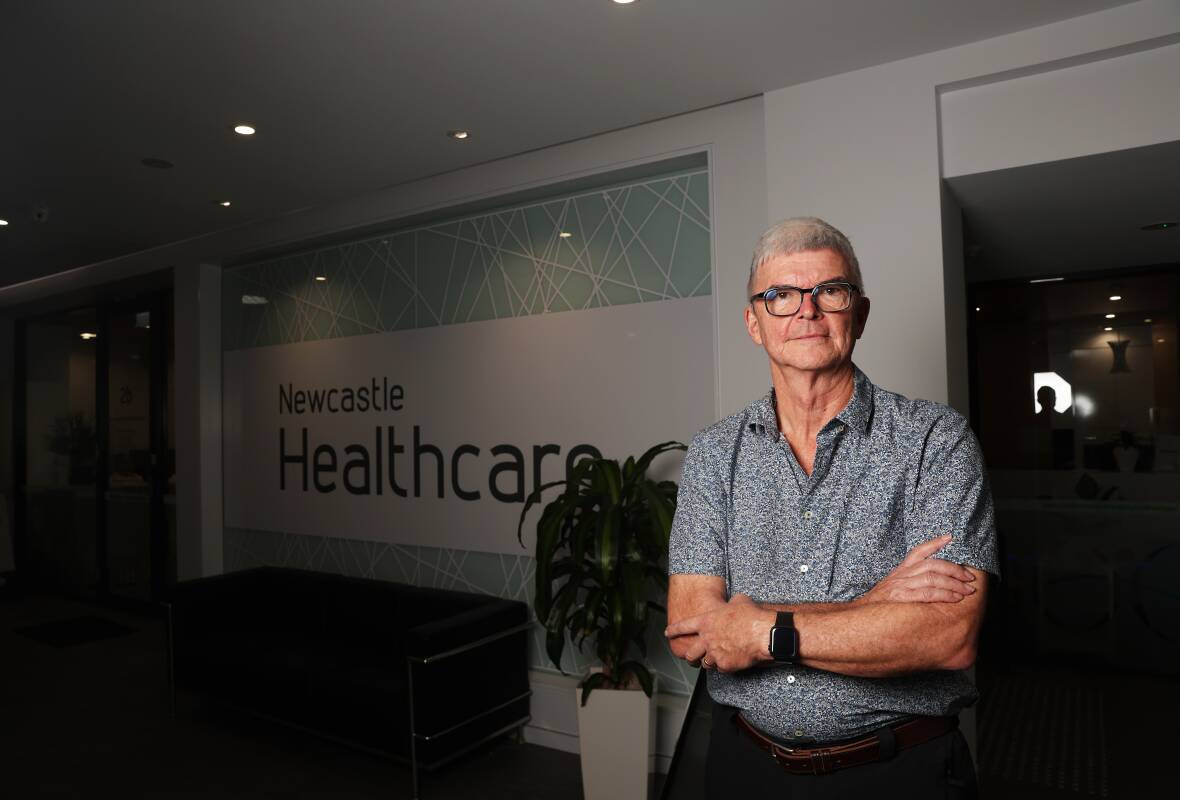
The cost of seeing a GP for a standard consultation would rise above $100 in Newcastle, if the NSW government hits clinics with payroll tax for contracted doctors.
Dr Rebekah Hoffman, NSW chair of the Royal Australian College of General Practitioners (RACGP), was in Newcastle on Friday to highlight the issue.
She met Dr Milton Sales, who runs the Brunker Rd General Practice at Adamstown.
Dr Hoffman said if GP contractors were subject to payroll tax from August 1, "the average out of pocket cost for the patient will rise by $12 to $20".
Dr Sales said the payroll tax would mean GP fees at his practice would rise by about $15.
GPs are now charging up to $95 for standard consultations in Newcastle to cover their rising costs, up from $90 last year.
Medicare rebates for a standard GP consultation are now $41.40, rising to $62.05 for those eligible to attract bulk-billing incentives.
But these incentives apply only to under 16s, pensioners and concession card holders.
GPs say the payroll tax would worsen the problem of people avoiding medical appointments due to cost, while adding pressure to emergency departments.
As well as facing this new payroll tax, GP clinics face retrospective tax bills through NSW government audits.
Dr Hoffman said these bills could amount to "half a million dollars" and clinics could not afford that.
She said they would make "up to 30 per cent of GP clinics in NSW non-viable".
The NSW government said last month that it had "not imposed additional payroll tax obligations on GPs and GP practices".
However, Revenue NSW - the state tax office - published a ruling last August that confirmed GP contractors working in medical centres would be subject to payroll tax.
About 90 per cent of GPs had previously not been subjected to this tax because they were not considered employees.
Last August, the government legislated a 12-month pause on payroll tax audits, penalties and outstanding debts on GPs.
It was engaging with GPs to "find an outcome".
Dr Hoffman said the state government needs to make a "clear decision and let GPs know", with the tax pause ending in August.
Dr Sales highlighted that clinic owners would have to pay the tax, not individual GPs.
"It would be charged on the total billing of a GP renting a room from a practice," he said.
His practice would have to hike patient fees by about 15 per cent, so "the business wouldn't go backwards".
He said the contracted GPs "choose when they work and have holidays - we don't have control over that".
"And suddenly they're deemed to be employees. They do cover all their own expenses, like super and insurance. So there's no logic to say they're employees."
His practice does have employee doctors, who are trainees or GPs working low hours who don't want to rent a room.
"Those people we do pay payroll tax on, along with nursing and admin staff."






